WHO suspends flights to Sana’a for financial crisis: Yemeni medical official
A senior Yemeni medical official says the World Health Organization (WHO) has announced its plan to suspend medical flights to Sana’a International Airport due to the body’s financial problems.
The chairman of Yemen's Supreme Medical Committee, Dr. Motahar al-Darwish, said on Saturday that the WHO has made the decision one year after the suspension of medical flights and the registration of thousands of incurable diseases, according to Yemen's Arabic-language al-Masirah television network.
He added that out of the 35,000 patients, whose names have been registered for UN air travel, some 10,000 were dead.
Meanwhile, Director General of Sana'a International Airport Khaled al-Shayef also said that the United Nations has carried out more than 5,000 flights involving its employees and their families since the airport’s closure some five years ago.
He added that none of the UN bodies are allowed to transfer even one patient to the Yemeni capital through their several flights to Sana’a International Airport.
The official emphasized that one of the UN bodies had threatened Yemen’s Health Ministry that it will suspend its activities if it persists in transferring critically ill patients.
Al-Shayef said many flights have been carried out to the airport without any passengers despite the capacity of dozens and added that some flights carried humanitarian aid weighing only ten kilograms.
Yemen’s Ministry of Transportation and its affiliated bodies and institutions said in March that the years-long crippling siege imposed by the Saudi-led military coalition on Sana’a International Airport has led to the deaths of some 80,000 people in the impoverished country.
They announced the shocking news in a press conference, adding that more than 450,000 difficult-to-treat patients are also in desperate need of receiving due treatment abroad, but the persisting blockade on the airport prolongs their suffering.
Saudi Arabia, backed by the US and its other regional allies, launched the devastating war on Yemen in March 2015, with the goal of bringing the government of Yemen's former President Abd Rabbuh Mansur Hadi back to power and crushing the popular Houthi Ansarullah movement.
An all-out blockade was also imposed on Yemen since the onset of the bloody war, pushing Yemen into the world's worst humanitarian crisis, including by hampering access to aid.
The tight siege, among others, led to the closure of Sana’a International Airport, the largest and most important airport in Yemen, and closed the Hudaydah port, which acts as a lifeline for the impoverished nation.
The Saudi-led military aggression has left tens of thousands of Yemenis dead, and displaced millions of people. It also destroyed Yemen's infrastructure and spread famine and infectious diseases across the country.
In a statement on Tuesday, the Yemeni Supreme Political Council said it is waiting for a positive response from the United Nations and its new special envoy for Yemen, Hans Grundberg, to an initiative put forward by the Houthi Ansarullah resistance movement aimed at helping end the war in Yemen.
VIDEO | 85% of Yemeni displaced people face daily hunger crisis
US House passes bill targeting charities and pro-Palestine groups
VIDEO | Supporting Gaza genocide
Hezbollah attacks Israeli forces after Lebanese homes blown up
World leaders, states hail ICC arrest warrants for Netanyahu, Gallant
MP: US accountable for possible Israeli 'foolishness' to attack Iraq
VIDEO | Israeli policies strangle Palestinian agriculture, economy
Iran's president offers condolences to Pakistan over terrorist attack


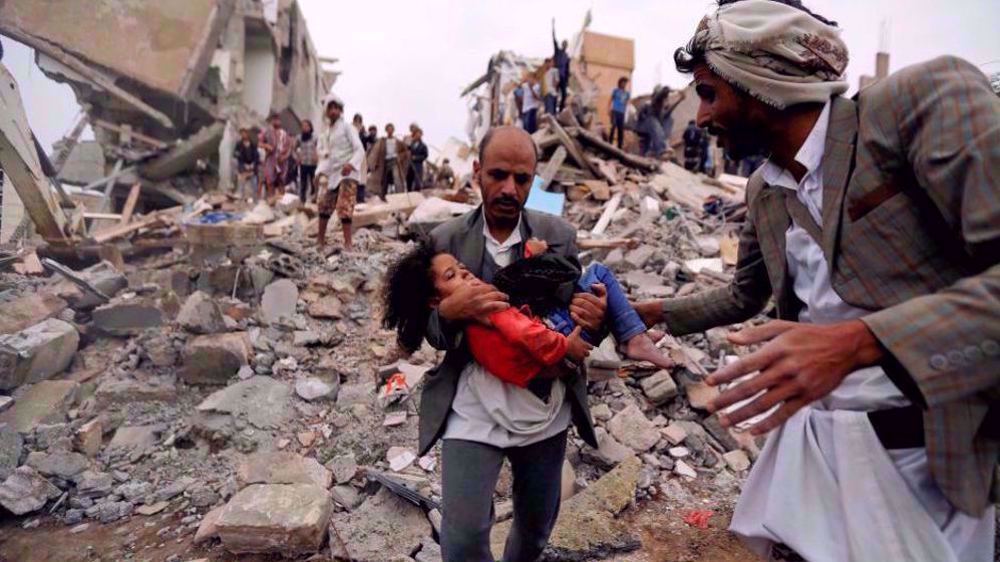
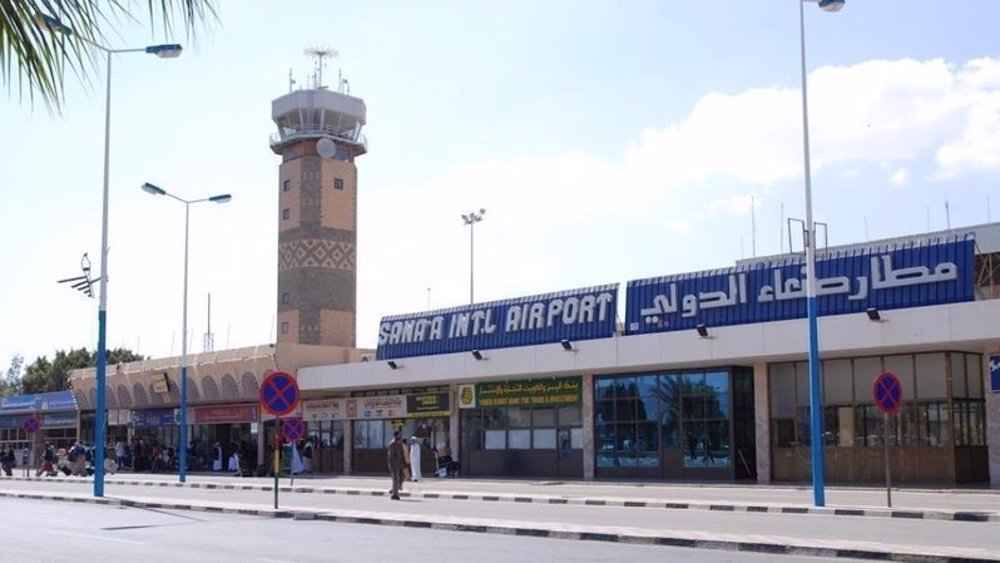
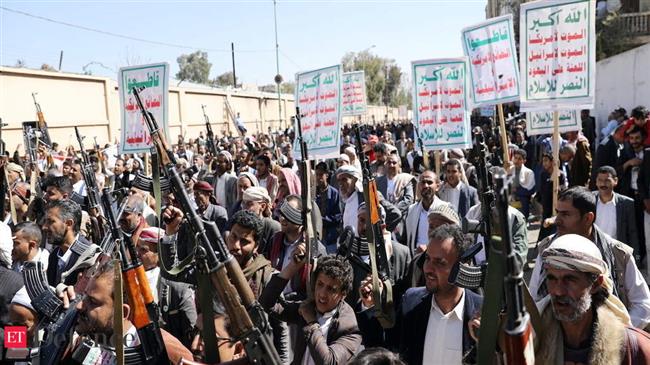

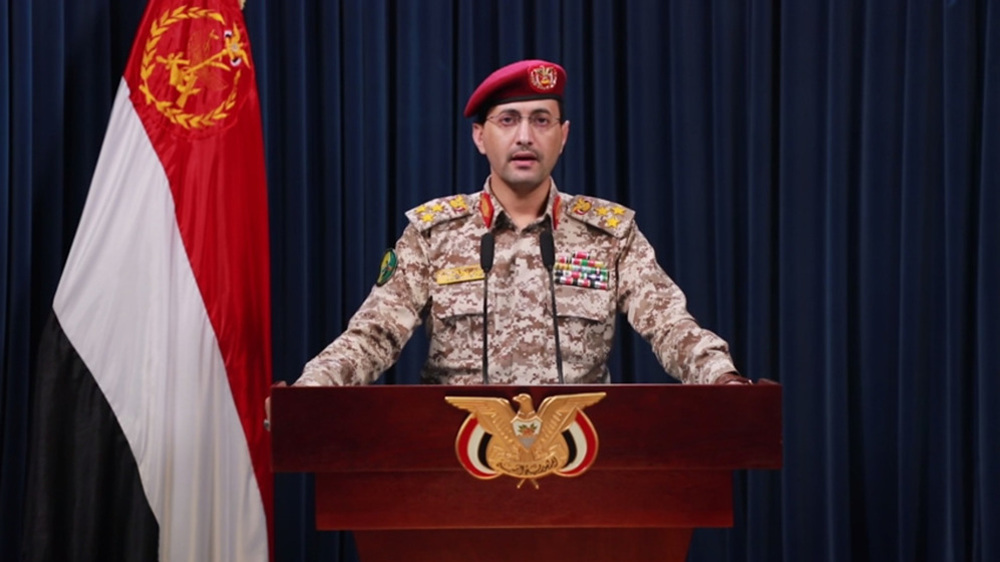
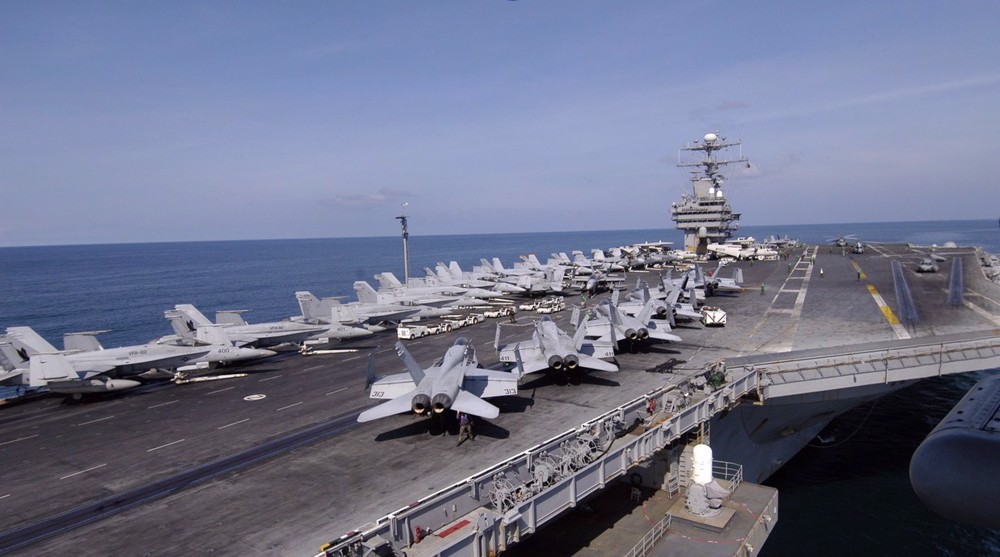




 This makes it easy to access the Press TV website
This makes it easy to access the Press TV website